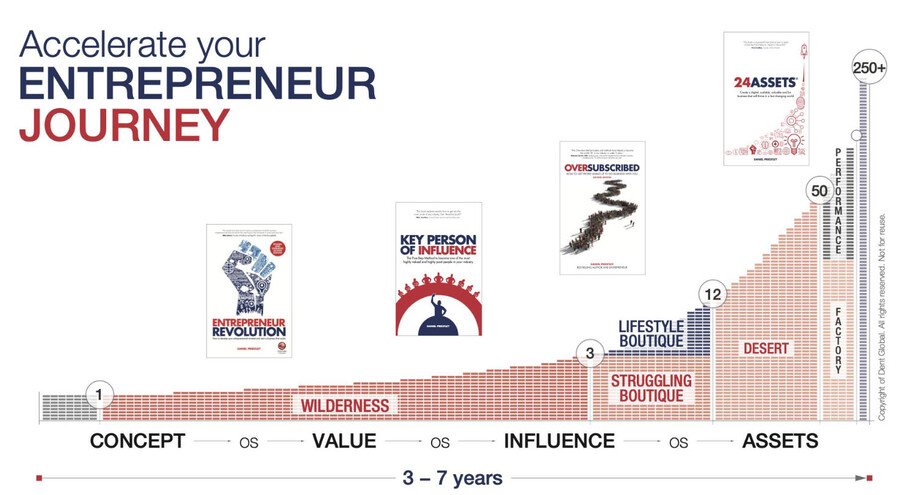“Welcome to the forum! Bumping up Pete's question, can you share some of your experience in that area?”
Thanks for this. Our focus is on business telecoms services, so that's where most of our expertise lies.
Numerous research papers point to the strong growth in the adoption of cloud-based services by businesses of all sizes, including the information quoted by Pete England above. Here's another source, which talks in some depth about the situation in 2016: Cloud Industry Forum 2016 report The summary on page 3 outlines some key statistics on the volume of Cloud users, their satisfaction levels and plans for further deployment.
Even if users might still be sceptical about the benefits of the Cloud, it is highly likely that they are using it anyway! For example, if you use iTunes, Google Docs or any of the dozens of other such services for storage and recall of photos, music or documents, you're using the Cloud.
Advantages of Cloud-based data storage include ease of access from anywhere (as opposed to having to come into the office, open a PC - or filing cabinet - and retrieving the information from one location); security is usually much higher than in a traditional storage system. Depending on the programs used, collaboration between departments and teams is said to be improved.
In telephony, we know from our clients that they see similar benefits. There is no longer the need for large capital outlay on the installation of lines and on-site PBX equipment. The services run on a broadband line, and the "brains" that direct and manage call traffic are now run from secure servers. Upgrades and improvements to the system are managed by specialists and often implemented as part of the service.
Flexibility is a key factor: As you are no longer tied to the one location by a phone line, you can take your hosted phone and plug it into a broadband service almost anywhere in the world, and be in the office even when you're out and about. Online management portals make it very easy to make changes to the service, such as forwarding calls without having to ask a service provider; it's also very simple to set up a disaster recovery option, so that each user can have their calls reach them in the event of a loss of service. A traditional system would typically send all calls to one alternative destination.
In addition to the reduced initial costs, ongoing charges are often much lower in comparison with traditional line rental and call costs. Adding and removing users from your account is also straightforward, without the need to work out in advance home many lines are needed. Simply add a user licence and a handset, and it's ready to use.
Sorry for the lengthy post! If you'd like to know more, or have other questions, either post here or call us on 03456885122.







